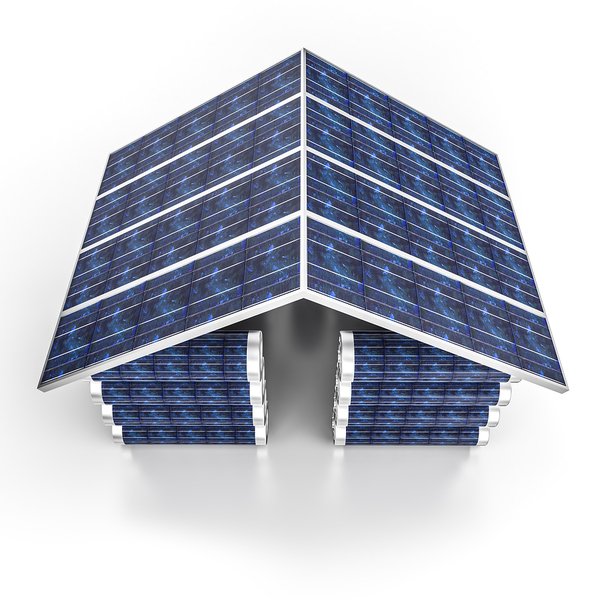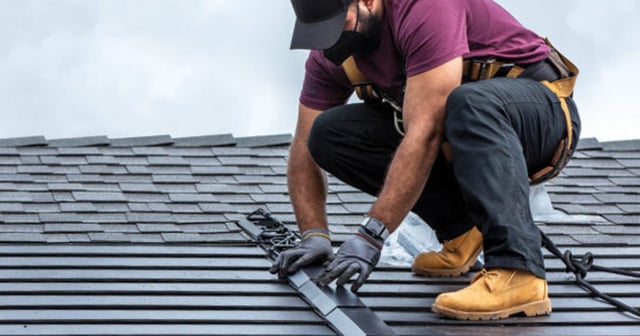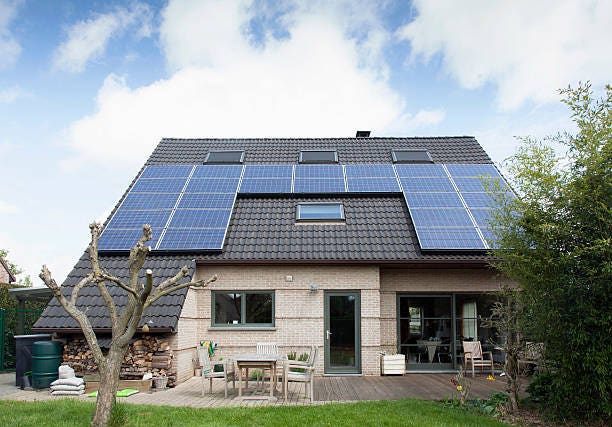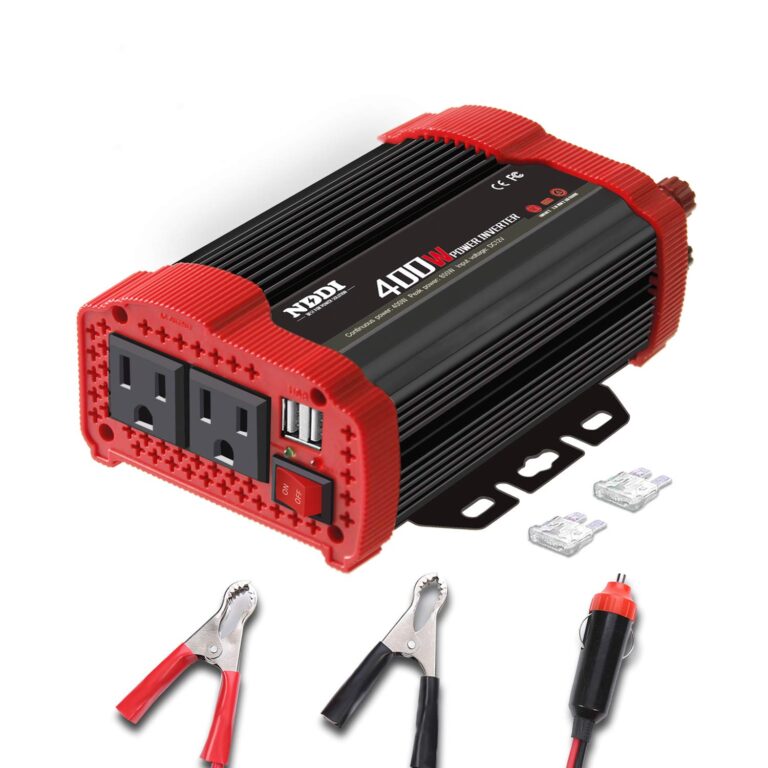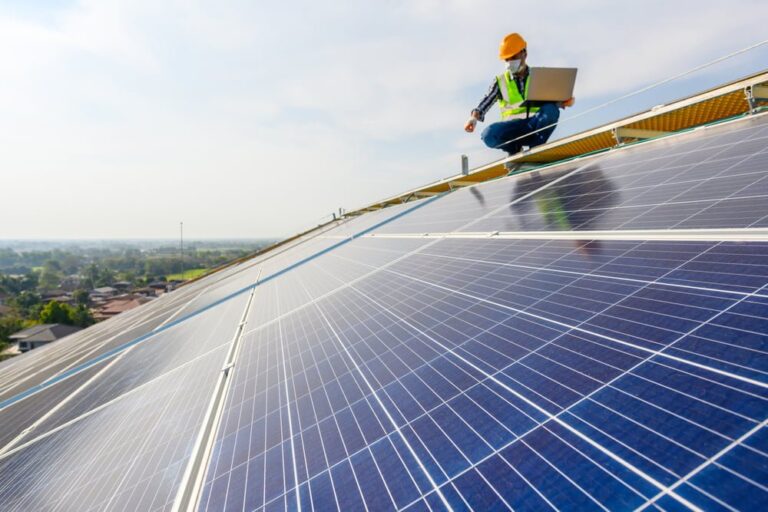Solar Shingles Vs Asphalt Shingles: Which Reigns Supreme?
Solar shingles can be more durable than regular asphalt shingles, with some even claiming to withstand extreme weather and be fire-resistant. They are also lighter, making them suitable for homes with limited roof weight capacity.
However, solar shingles may have higher installation costs, lower efficiency ratings, and limited availability compared to traditional solar panels.
Durability And Weather Resistance
When it comes to choosing the right roofing material for your home, it’s important to consider the durability and weather resistance of the options available. In this section, we will delve into the advantages of solar shingles in extreme weather conditions, as well as the fire resistance capabilities of solar shingles. We will also compare the durability of asphalt shingles to solar shingles to help you make an informed decision.
Advantages Of Solar Shingles In Extreme Weather Conditions
Solar shingles have several advantages over traditional asphalt shingles when it comes to withstanding extreme weather conditions. One of the key advantages is their ability to be more durable, ensuring they can withstand the harshest of weather conditions such as high winds, heavy rains, and even hailstorms. The construction and design of solar shingles are specifically engineered to be weather-resistant, providing a protective barrier for your home.
Additionally, solar shingles are designed to be lighter in weight compared to traditional asphalt shingles. This makes them an ideal choice for homes that may not be able to support the extra weight of asphalt shingles. The lighter weight also contributes to their increased durability, as they are less likely to crack or break under pressure from extreme weather events.
Fire Resistance Capabilities Of Solar Shingles
Another advantage of solar shingles is their fire resistance capabilities. Unlike asphalt shingles, which are made from a petroleum-based material and can catch fire easily, solar shingles are typically made from non-combustible materials such as tempered glass and metal. This means that in the unfortunate event of a fire, solar shingles can help prevent the spread of flames and potentially save your home from extensive damage.
The fire resistance capabilities of solar shingles make them an excellent choice for homeowners concerned about the safety of their property. By choosing solar shingles, you can have peace of mind knowing that you have an added layer of protection for your home.
Comparing Durability Of Asphalt Shingles To Solar Shingles
When it comes to durability, there is a notable difference between asphalt shingles and solar shingles. While asphalt shingles are commonly used and have been a popular roofing material for many years, they are not as durable as solar shingles.
Asphalt shingles are susceptible to damage from various weather conditions such as high winds, heavy rains, and UV rays. Over time, these elements can cause the asphalt shingles to deteriorate, resulting in cracks, curling, and even complete failure. This means that you will likely have to replace your asphalt shingles more frequently compared to solar shingles.
On the other hand, solar shingles are designed to be more durable and resistant to damage from the elements. They are specifically engineered to withstand extreme weather conditions, making them a long-lasting roofing option. With proper installation and maintenance, solar shingles can provide years of reliable performance.
In conclusion, when it comes to durability and weather resistance, solar shingles offer several advantages over asphalt shingles. They are designed to withstand extreme weather conditions, such as high winds and heavy rains, and have fire resistance capabilities. Additionally, solar shingles are more durable and long-lasting compared to asphalt shingles, making them a wise investment for homeowners looking for a roofing material that can withstand the test of time.
Weight And Structural Considerations
When it comes to choosing the right roofing material for your home, weight and structural considerations are crucial factors to evaluate. The weight of the roofing material can impact the overall structural integrity of your house, as it exerts pressure on the underlying structure. In this section, we will discuss the impact of roof weight on the suitability of solar shingles and how they are lighter than traditional asphalt shingles. We will also highlight the benefits of solar shingles for homes with limited roof weight capacity.
The Impact Of Roof Weight On The Suitability Of Solar Shingles
Roof weight plays a significant role in determining whether solar shingles are a suitable choice for your home. Traditional asphalt shingles can weigh anywhere between 200 and 400 pounds per square, while solar shingles are considerably lighter. This weight difference can make a substantial impact on the load that your roof structure needs to bear, especially for older or weaker constructions.
How Solar Shingles Are Lighter Than Traditional Asphalt Shingles
Solar shingles are designed to be lightweight while still providing the same level of protection as traditional asphalt shingles. They typically weigh around 10 to 20 pounds per square. This significant reduction in weight alleviates the strain on your roof structure, allowing for a more sustainable and durable installation. The lighter weight of solar shingles also simplifies installation, as it requires less effort and reduces the risk of potential damage to the existing structure.
Benefits Of Solar Shingles For Homes With Limited Roof Weight Capacity
Homes with limited roof weight capacity can greatly benefit from using solar shingles. These lightweight roofing materials provide an opportunity to harness solar energy without compromising the structural stability of your home. In contrast, traditional asphalt shingles may simply be too heavy for roofs with weight restrictions, limiting the viability of solar panel installations.
- Lightweight nature of solar shingles makes them suitable for homes with older or weaker constructions.
- Reduces the risk of structural damage compared to heavier traditional asphalt shingles.
- Allows for easier installation due to the reduced weight load.
- Can be installed on roofs with weight restrictions, expanding the potential for solar power generation in various settings.
In conclusion, the weight and structural considerations of solar shingles make them a favorable choice for homeowners with limited roof weight capacity. Their lightweight nature ensures the structural integrity of your home is not compromised while still allowing you to enjoy the benefits of solar power generation. Make an informed decision by considering the unique requirements of your roof and enjoy the long-term benefits of sustainable energy with solar shingles.
Installation Costs And Efficiency
When it comes to choosing between solar shingles and asphalt shingles, two important factors to consider are the installation costs and efficiency. While solar shingles have many benefits, such as durability and aesthetics, they often come with higher installation costs compared to traditional asphalt shingles. Let’s take a closer look at the installation costs associated with solar shingles.
Higher Installation Costs Associated With Solar Shingles
The installation of solar shingles involves more than just the shingles themselves. It requires specialized labor, electrical work, and sometimes modifications to the roof structure. These additional installation requirements can contribute to higher costs compared to the simple installation of asphalt shingles.
Furthermore, the cost of solar shingles also includes the price of the solar panels embedded within them. This adds to the overall cost, making solar shingle installations more expensive upfront.
Comparing Efficiency Ratings Of Solar Shingles To Traditional Solar Panels
Another important factor to consider when comparing solar shingles to traditional solar panels is their efficiency ratings. While solar panels are known for their high efficiency, solar shingles are typically less efficient due to their smaller surface area and integrated design.
Traditional solar panels have larger surfaces that can capture more sunlight, resulting in higher electricity generation. On the other hand, solar shingles have a limited surface area, which translates to lower power output. This lower efficiency could impact the overall financial return on investment for homeowners.
The Availability Of Solar Shingles In The Market
While solar panels have gained widespread popularity and availability in the market, solar shingles are still relatively new and less commonly found. This limited availability can make it more challenging for homeowners to find suitable suppliers and installers for solar shingle systems.
However, as the demand for clean energy increases, the availability of solar shingles is also expected to grow. More manufacturers are entering the market, offering a wider range of options for homeowners interested in this innovative roofing solution.
Lifespan And Long-term Savings
The Longevity Of Solar Shingles Compared To Asphalt Shingles
Are solar shingles better than regular shingles? Many homeowners are surprised to learn that solar shingles can be more durable than regular shingles made of asphalt. Some manufacturers even claim that their solar shingles can withstand extreme weather and are fire-resistant. They’re also lighter, making them ideal for homes that can’t support a lot of roof weight.
Cost Comparisons Between Solar Shingles And Regular Shingles
Let us compare Tesla’s new solar shingles against a typical asphalt shingle based on durability and price. Which do you think will come out on top?
| Solar Shingles | Asphalt Shingles | |
|---|---|---|
| Installation Costs | Higher | Lower |
| Efficiency Rating | Lower | N/A |
| Availability | Limited | Widely available |
Potential Long-term Savings With Solar Shingles
Solar shingles not only provide energy savings but also offer potential long-term financial benefits. By generating electricity from the sun, solar shingles can significantly reduce or even eliminate your monthly electricity bills. Additionally, in some areas, you may be eligible for government incentives and rebates, further reducing the overall cost of the system.
Furthermore, solar shingles have a longer lifespan compared to traditional asphalt shingles. While asphalt shingles typically last around 20-30 years, solar shingles can last up to 40 years or more. This means that, over time, you can save money on roof replacement costs, as well as benefit from the energy savings generated by your solar shingles.
It’s important to note that the exact long-term savings with solar shingles will vary depending on factors such as your energy consumption, local electricity rates, and the size of your solar shingle system. However, numerous studies have shown that homeowners who invest in solar power can potentially recoup their upfront costs within a few years and continue to enjoy significant savings over the lifespan of the system.

Credit: www.mrroof.com
Frequently Asked Questions For Solar Shingles Vs Asphalt Shingles
Are Solar Shingles Better Than Regular Shingles?
Solar shingles are better than regular shingles because they are more durable, fire-resistant, and can withstand extreme weather. They are also lighter, making them suitable for homes with limited roof weight capacity.
What Are The Drawbacks Of Solar Shingles?
Solar shingles do have some drawbacks compared to solar panels. They have higher installation costs, lower efficiency ratings, and limited availability. However, they can be more durable than regular asphalt shingles and may be lighter, making them suitable for homes with weight limitations.
How Much Do Solar Shingles Cost Compared To Regular Shingles?
Solar shingles generally cost more than regular shingles. However, solar shingles can offer additional benefits such as durability, fire resistance, and lighter weight. They are a great option for homes that cannot support a heavy roof load.
How Long Do Solar Roof Shingles Last?
Solar roof shingles typically last for around 25 to 30 years. They are more durable than regular asphalt shingles and can withstand extreme weather conditions. Additionally, they are fire-resistant and lighter in weight, making them suitable for homes with limited roof weight capacity.
Conclusion
Solar shingles offer several advantages over traditional asphalt shingles. They are more durable, with some manufacturers claiming they can withstand extreme weather and are fire-resistant. In addition, they are lighter, making them ideal for homes that cannot support heavy roofing materials.
While solar shingles may have higher installation costs and lower efficiency ratings compared to solar panels, they offer a unique and visually appealing option for homeowners looking to generate renewable energy. Considering their durability and potential cost savings in the long run, solar shingles are a worthy alternative to consider.

